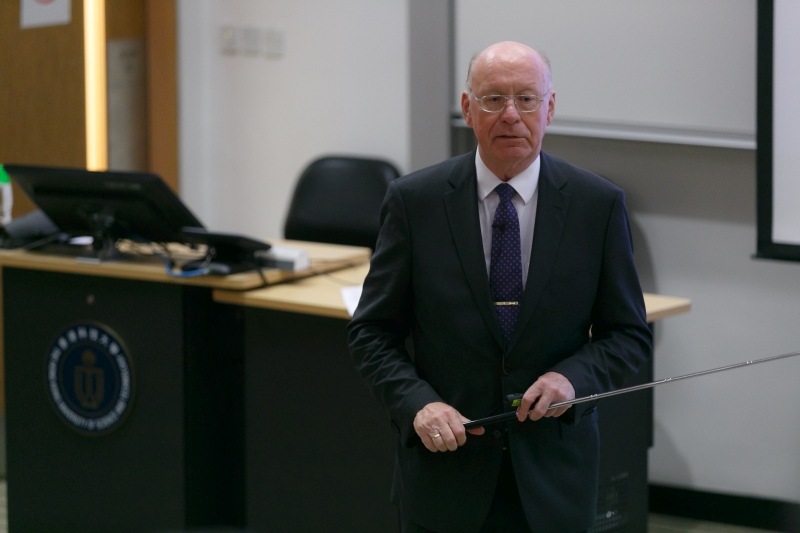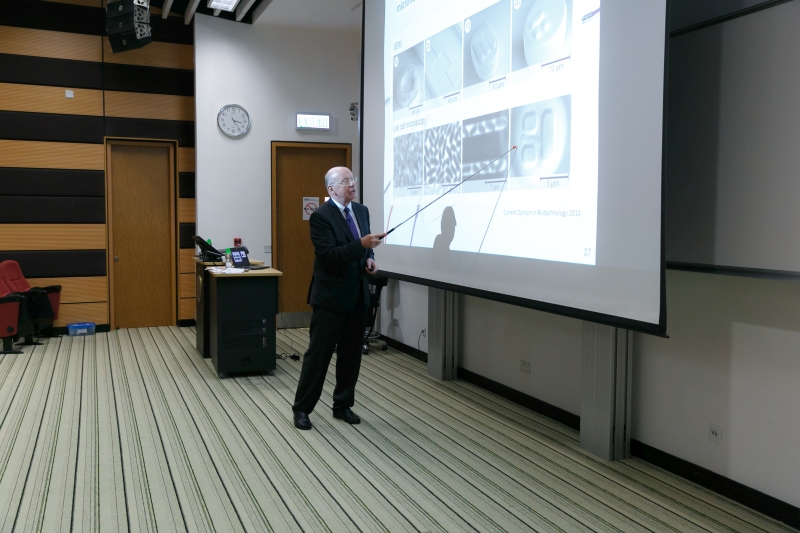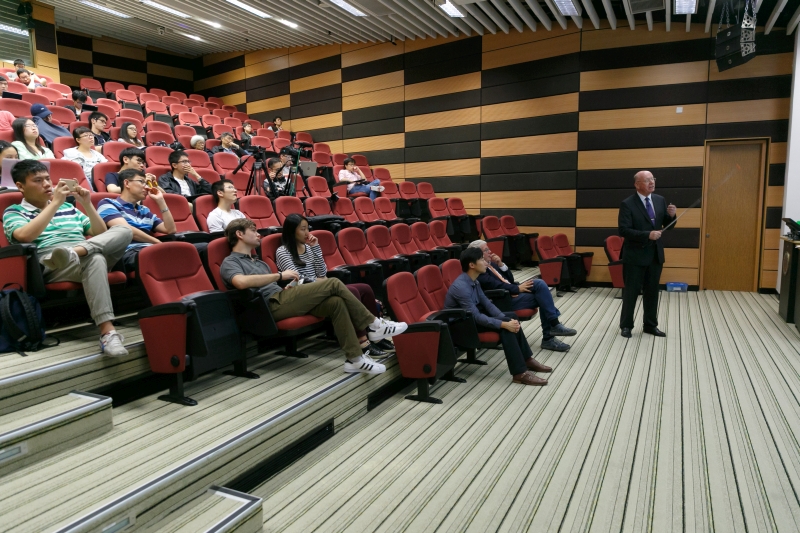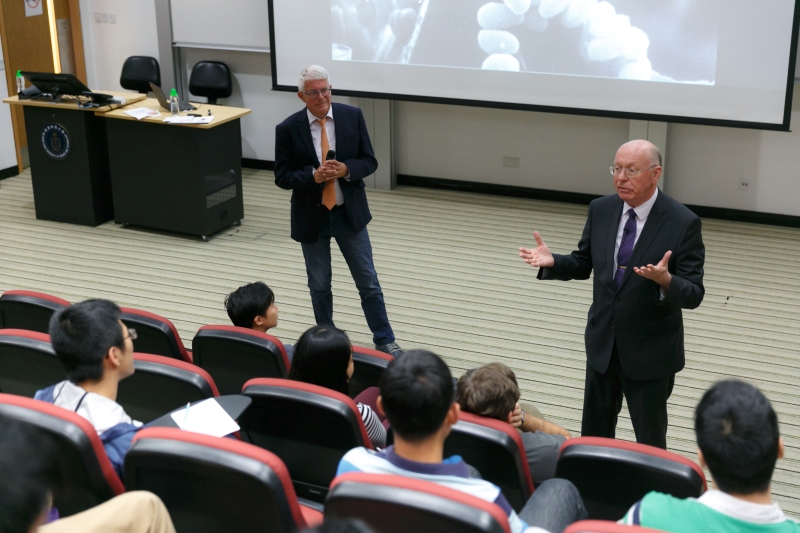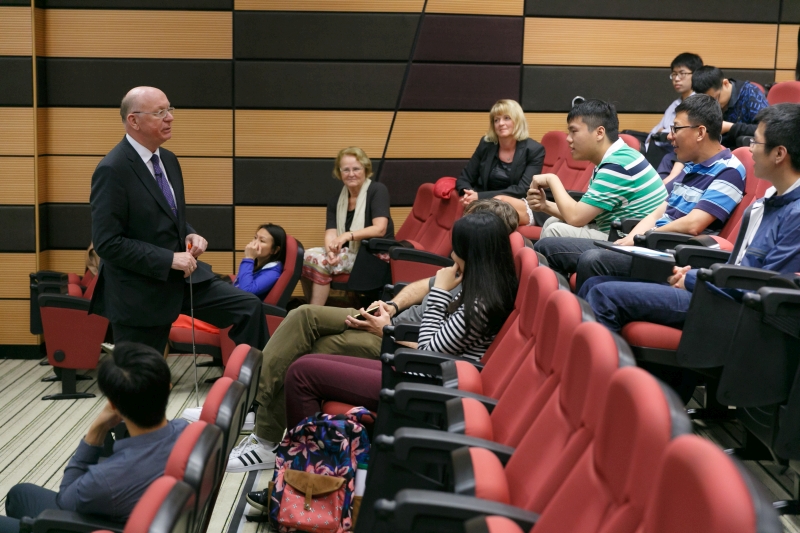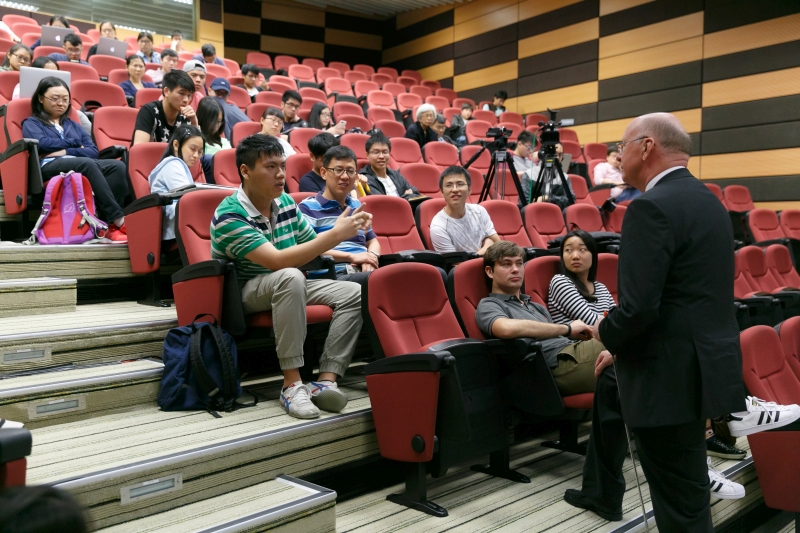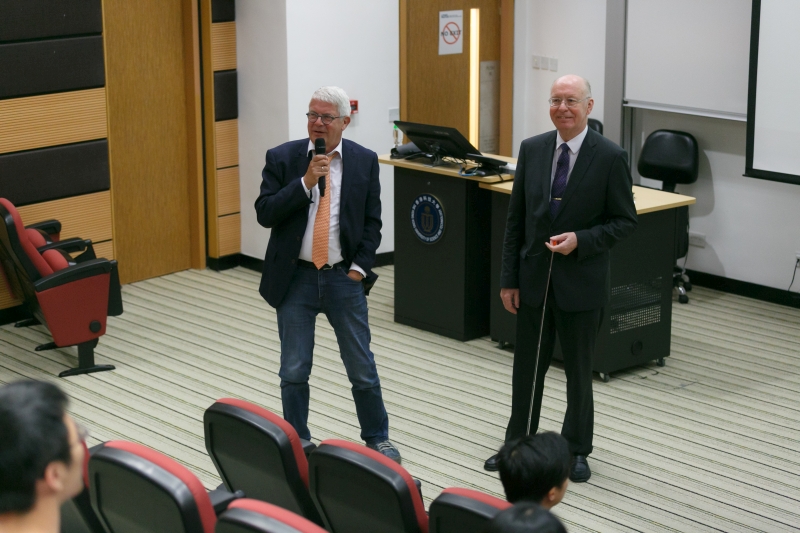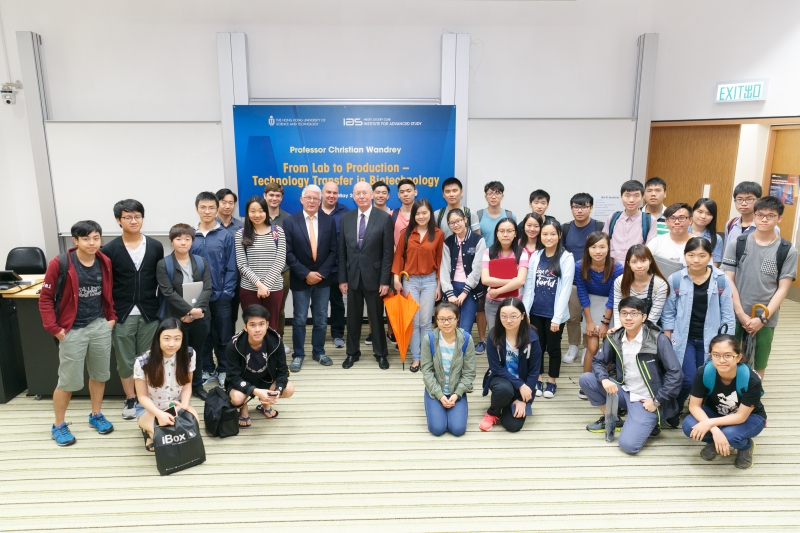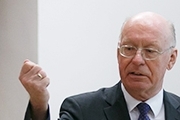From Lab to Production –Technology Transfer in Biotechnology
Abstract
Biotechnology is by definition a field of multi-disciplinary integrated application. This includes transfer from lab to production. The increase of knowledge in biotechnology is so rapid, that even results from basic research can find the way to application. For technology transfer we need invention and innovation executed in a cycle.
Sometimes the established chemical and pharmaceutical industry has prejudices versus new findings in biotechnology (too complicated, too slow, too diluted, only water as solvent, instable catalyst etc.). So there are chances to form start-up companies.
While formerly (wild type) isolated enzymes were used as catalysts, nowadays “engineered” enzymes and “designer bugs” come into play. Also fermentative processes using non-natural (engineered) pathways are increasingly used. For such developments ultra-high throughput screening of strains and microscale process development (on a single cell level) are very important.
In this lecture, examples of technology transfer will be given in cooperation with the established industry as well as by means of start-up companies.
About the speaker
Prof. Christian Wandrey received his PhD in chemical engineering from the University of Hannover in 1973. He then joined the University of Clausthal as an associate professor in 1977 and moved to University of Bonn in 1979. He was a Professor of Biotechnology there and was also the Director at the Institute of Biotechnology at Forschungszentrum Jülich before his retirement in 2008.
Prof. Wandrey’s research interest was bioprocess development with main focuses in enzyme technology and fermentation technology.
Prof. Wandrey received numerous awards including the Technology-Transfer Prize of the Minister for Research and Technology of the Federal Republic of Germany (1983); the Philip Morris Award for the development of a biogas high performance process (1987); the Enzyme Engineering Award of the Engineering Foundation, New York (1995); the Carl Friedrich Gauss Medal of the Brunswick Scientific Society (1999); and the Friedrich Wöhler Award of the German Chemical Society (2002). He was also elected a member of the German Academy of Science and Engineering and corresponding member of the Saxon Academy of Sciences in Leipzig; the Brunswick Scientific Societies; and the Swiss Academy of Engineering Sciences.

